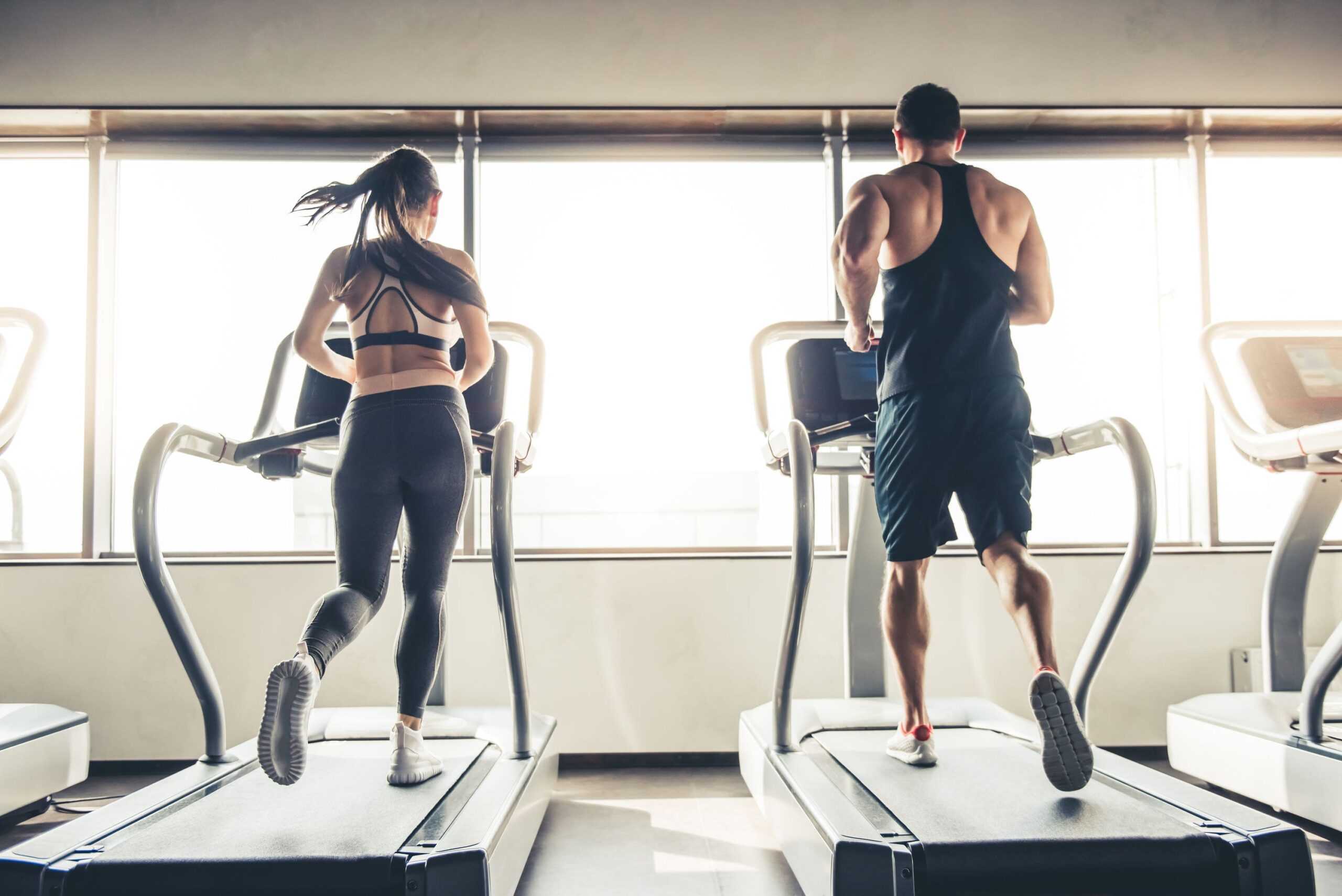Congratulations! You’ve make it through your workout. But the job isn’t done just yet – because if you really want to get the most out of your exercise, you need to put some thought into what you eat afterwards.
And according to Anna-Jane Debenham and Alex Parker, dietitians from nutrition consulting business The Biting Truth, it’s not just about protein.
Although important, particularly for muscle repair, “having protein on its own, although it may seem ‘trendy’, isn’t ideal in a lot of cases”.
Instead, they say snacks containing both carbohydrate and protein will “allow your body to recover and repair effectively”. And don’t forget to replace all those lost fluids (hey, we all get sweaty!) with extra water.
Failing to refuel or rehydrate after exercise can result in a host of problems, including earlier onset of fatigue, reduced speed and endurance, poor concentration and gut upset, Anna and Alex warn. Not to mention the fact you might not be getting the full benefits of all that effort!
Here, they explain why post-exercise nutrition is so important…
Don’t just wait until your next meal to eat
Restricting calories after a workout can be counterproductive, and after the extra strain you’ve put on your body, nutrition is even more crucial.
Anna and Alex explain: “During exercise (especially resistance training), the body shifts towards a catabolic state (muscle breakdown) which then transitions back to an anabolic state (muscle building) within the first few hours of completing your workout.”
Essentially, this means there’s a 60-90 minute “window of opportunity” after your training session, where you have a chance to replenish the stores of carbohydrates in the liver and muscle cells, as well as encourage muscle repair.
What to eat after… cardio
Running, dancing, boxing – all great cardio workouts, and they can leave you seriously pooped. “The key is replenishing carbohydrate stores,” say Anna and Alex, “and adequate hydration is essential.”
They recommend a slice of wholegrain bread with peanut butter and banana: “This snack provides high-quality carbs, protein and heart-healthy fats, and is full of potassium, which helps soothe muscles.”
Other snacks you could reach for after a cardio workout include a plain banana, some nuts, or some wholegrain toast with either ricotta and fruit, or cottage cheese and tomato.
What to eat after… strength training
If you’re lifting weights and your goal is to gain muscle, Anna and Alex say: “An energy-rich diet with adequate amounts of protein is just as important as your well-developed strength-training programme.”
So, after strength training, your food intake should be low in fat and high in nutrients. “Consuming carbohydrates in conjunction with protein allows the protein to be used for muscle growth and repair,” they explain.
They recommend smoothies as a great option for fitting in a lot of nutrients in one go – you can just blend up your ingredients (such as berries, low-fat yoghurt and/or oats) and you’re sorted.
What to eat after… HIIT
HIIT (high-intensity interval training) is all the rage, hailed as a speedy way to burn more fat and build more muscle compared to traditional workouts. And putting your body well and truly through its paces (no one ever said HIIT was easy) means refuelling well is crucial.
Anna and Alex suggest an onion and pepper omelette plus some fruit, and their top tip is to include pineapple.
“Aside from their protein content, eggs are high in leucine, which triggers muscle protein synthesis,” they explain. “The vitamin C in the capsicums [peppers] is essential for maintaining the healthy cartilage you need to cushion your bones. Research suggests bromelain – an enzyme in pineapple – may help reduce exercise-induced inflammation.”
What to eat after… stretching and toning-based exercise
What you decide to eat after classes like yoga, Pilates or barre depends on what your fitness goal is: whether you want to lose weight, boost your core strength, or increase your overall muscle mass.
“If your goal is weight-loss, then a nutrient rich meal within 60 minutes of your workout is essential, as the meal will be more efficiently digested,” say Anna and Alex. “If your goal is to improve strength, then protein is key.”
They suggest two hard-boiled eggs with multigrain toast, or something like a slice of roast vegetable and feta frittata would be ideal.
To help repair tired muscles and replenish energy stores after yoga, Anna and Alex say: “Your body needs a hit of protein, some low-GI carbohydrates and fruits or vegetables.” Try a small tub of Greek yoghurt with a couple of spoonfuls of muesli containing nuts and fruit, or a small can of tuna, four-bean mix and some chopped veggies.
